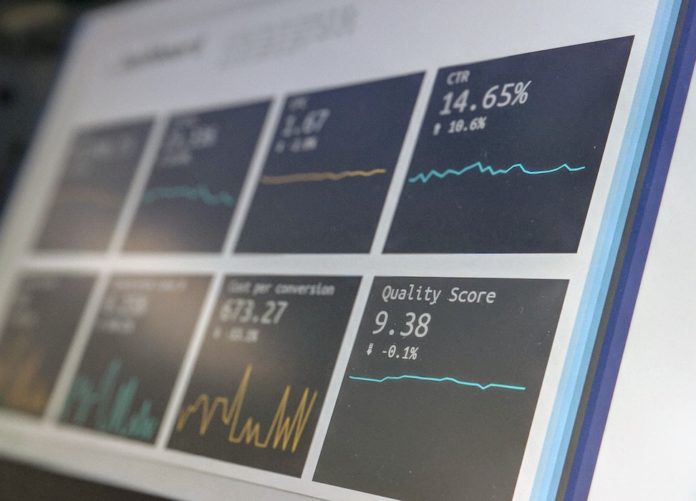By making better use of data, leading organisations had materially increased revenue and reduced operational costs, boosting profitability by an average of 12.5% of their total gross profit, according to a joint global study by Splunk and Enterprise Strategy Group.
They surveyed 1,350 senior business and IT decision-makers across eight industries in Australia, China, France, Germany, Japan, the United Kingdom and the United States.
Respondents were grouped into three data maturity categories — Data Deliberators or firms that are in the early phase of their data strategy implementation; Data Adopters which are making good use of their data, but still have room for improvement; and Data Innovators which place the strongest strategic emphasis on data and have an advanced strategy in place to extract business value.
Relative to the Data Deliberators surveyed, Data Innovators have added 83% more revenue to their topline and 66% more profit to their bottom line in the past 12 months.
In addition, the study found that 97% of Data Innovators meet or exceed their customer retention targets, with the majority (60%) having actually outstripped their goals. Meanwhile, 93% feel they tend to make better, faster decisions than competitors; while 91% believe that their organisation is in a strong position to compete and succeed in its markets over the next few years.
However, across industries and countries, less than 11% of organisations have reached the stage of Data Innovator, demonstrating that nearly 90% still have room for improvement.
“Until now, it has been difficult for business leaders to put hard numbers around the monetary value of data,” said Doug Merritt, president and CEO of Splunk. “This first-of-its-kind study proves that a holistic and sophisticated approach to data can help any organisation become a Data Innovator, outpace their competition and become business and market leaders.”
Chinese companies demonstrate the highest level of data maturity across Asia Pacific, with close to half (48%) of them being Data Adaptors and Data Innovators. These two categories combine for 45% of Australian companies and 26% of Japanese companies.
















